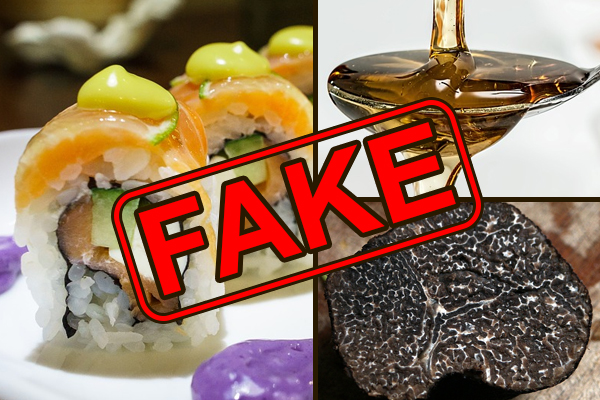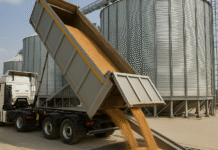Food fraud is a $50 billion annual industry, according to Michigan State University’s Food Fraud Initiative— and you’re probably eating some of the evidence. Most of us are still under the impression that our food is sacrosanct and that we would immediately be able to detect any ingredient or product that is not the ‘real thing’. The Anti-Counterfeiting Coalition (IACC) has estimated that up to 7% of global trade consists of counterfeit goods. In South Africa, the counterfeit market was estimated to be costing our economy R360 billion back in 2011 when Adams & Adams did a survey for our local producers. Now transparency is more important in the world of food than ever before. Consumers want to know what they’re eating — and they don’t respond well to being duped.
What is fake food, you may ask?
This is one of the fastest growing industries in the world and doesn’t only mean foods being adulterated with cheaper or harmful ingredients but can also be the mislabelling or branding of products, for example, buying a product in a store which you think is from a reputable brand but in actual fact may be from a different unknown supplier. This confusion carries through to the organic food movement as well which is becoming more popular as people may choose this rather than non-organic for many different reasons and are generally more costly products, but how do you know that the organic food that you are purchasing is really organic?
Proof of where the product comes from would need to be something on the product or at least on verifiable packaging. Giving consumers access to more information through Quick Response codes on individual packages can be mutually beneficial. In addition to food safety benefits, there are also marketing benefits. Brands can, for instance, use smartphone applications to collect feedback from shoppers and connect via social media or offer discount coupons – the opportunities are virtually unlimited.
PageMark Africa can assist with marking of the fresh produce or products with either overt, covert or forensic codes, which can be marked directly onto the fresh produce or the packaging or crate the product is delivered in. Technology within our portfolio for food grade inks can either be visible or UV visible. Alternative solutions we can offer are DNA coatings that can allow the fresh produce to be tested through DNA analysis without any other visible or invisible markings.
We can assist companies in choosing the right solutions by firstly looking at the full life cycle of the produce and understanding if and where fakes are involved, this will allow us to tailor a solution for the client. We have technology which can identify a product, mark or label it and provide the platform and backend to give end to end traceability from farm to fork.
We have the most comprehensive brand protection offerings in the market today, we have the ability to not only use food grade inks suitable for printing directly onto produce but can laser engrave directly onto the produce as an alternative option.
PageMark Africa can provide a very comprehensive solution for traceability, authentication and brand protection using world-class and industry-leading solutions for fresh produce.
For more information on PageMark Africa’s offerings visit http://bit.ly/PagemarkAfrica or contact Kyle Parker at kyle@pagemarkafrica.com









